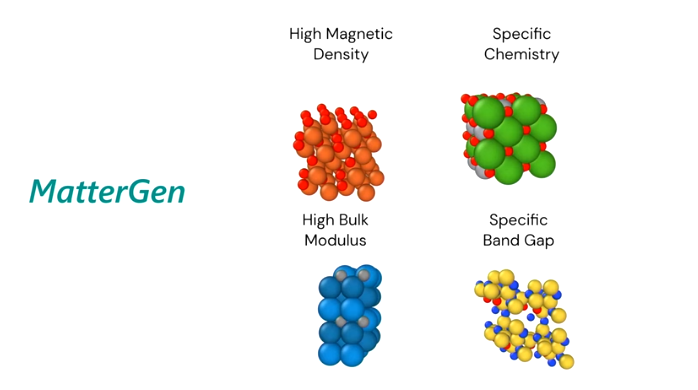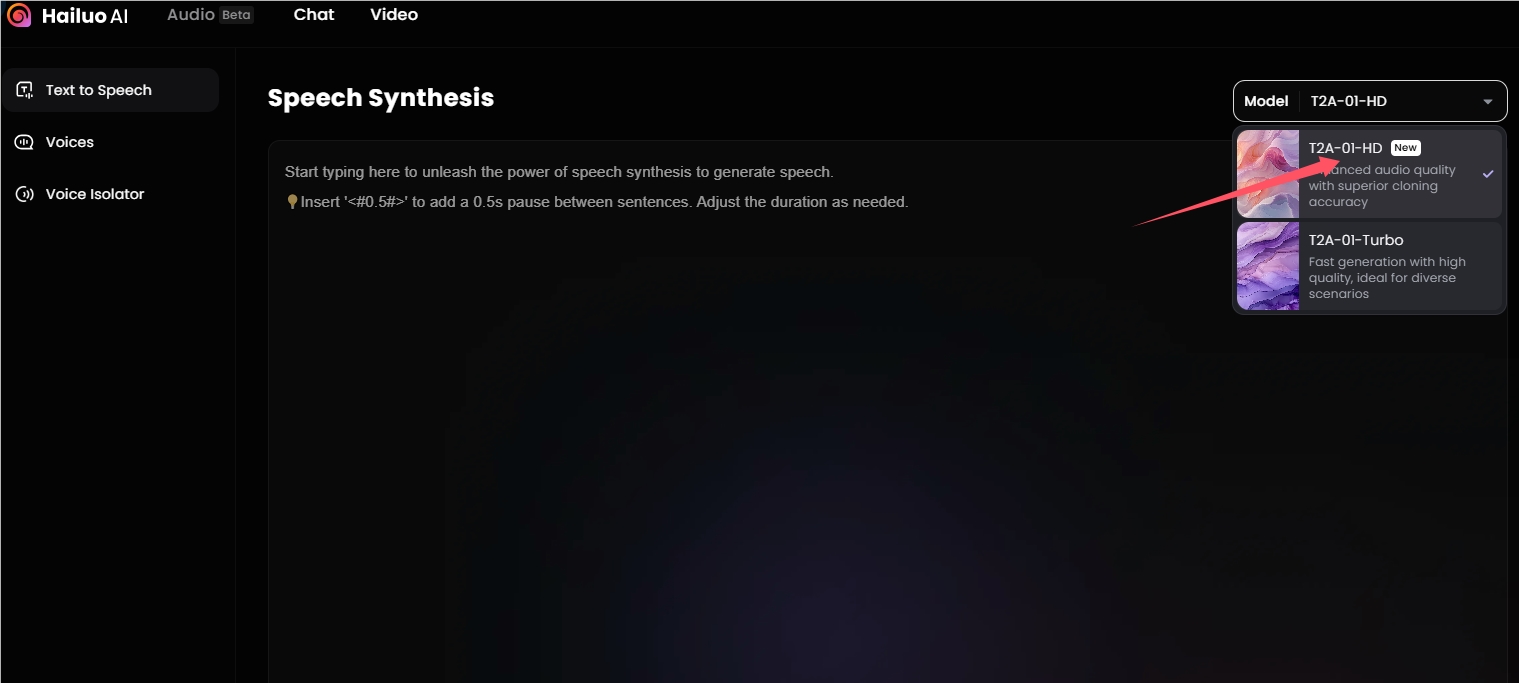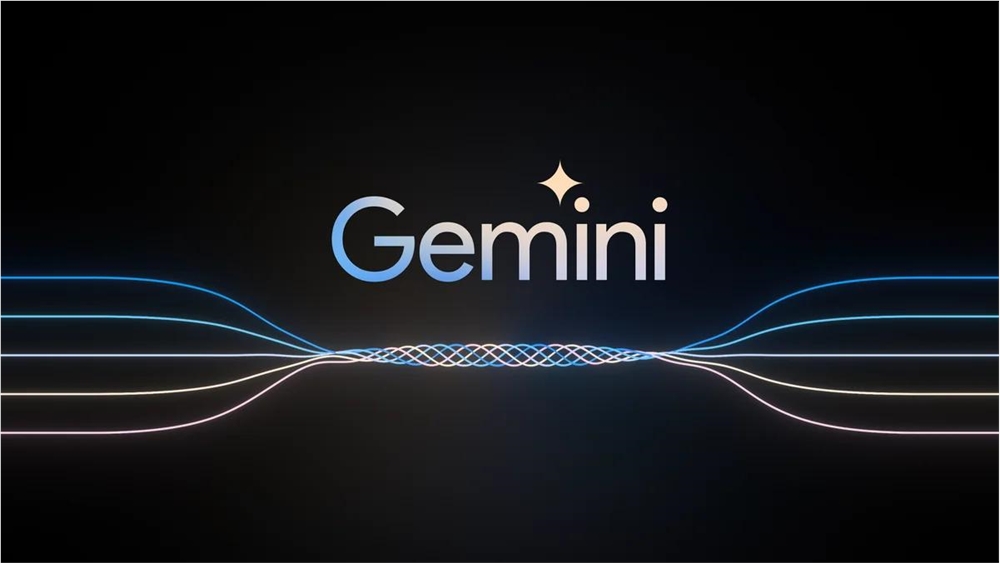Microsoft Research has launched a powerful artificial intelligence system called MatterGen, which can generate new materials with specific properties, which may accelerate the development of key technologies such as batteries and solar panels.

The launch of MatterGen marks a fundamental change in the way scientists discover new materials. Unlike traditional methods, instead of screening millions of existing compounds, MatterGen directly generates new materials based on desired properties, similar to how an AI image generator creates a picture from a text description.
MatterGen uses a special AI model called a diffusion model, similar to image generators such as DALL-E, but adapted to work with three-dimensional crystal structures. The system incrementally improves random atomic arrangements, resulting in useful materials that are stable and meet specified criteria. Research shows that materials generated by MatterGen are "15 times more likely to be novel and stable, and 15 times closer to local energy minima" than previous AI methods. This means that the resulting materials are not only more likely to be practical, but also physically easier to implement.
In a striking demonstration, the Microsoft team collaborated with scientists from China's Shenzhen Institute of Advanced Technology to synthesize a new material, TaCr2O6, that was very close to MatterGen's design results, verifying the practical application value of the system. MatterGen is particularly flexible and can be "fine-tuned" to produce materials with specific crystal structures and electronic or magnetic properties based on specific needs. This property will be particularly important when designing materials for specific industrial applications.
Potential applications of this technology could transform the fields of energy storage and computing. The development of new materials is critical to advancing energy storage, semiconductor design and carbon capture technology. For example, improved battery materials could accelerate the adoption of electric vehicles, while more efficient solar cell materials could make renewable energy more affordable.
To accelerate scientific discovery, Microsoft has released MatterGen's source code under an open source license so that researchers around the world can innovate on this basis. MatterGen was developed as part of Microsoft's "Artificial Intelligence and Science" initiative, which aims to use AI to accelerate scientific discovery. In addition, MatterGen integrates with Microsoft's Azure Quantum Elements platform to provide cloud computing services to enterprises and researchers.
However, experts caution that while MatterGen represents an important advance, extensive testing and refinement is still needed to move computationally designed materials into practical applications. Although the predicted results of this system are encouraging, they still need to be experimentally verified before industrial application. Nonetheless, MatterGen's technological development is undoubtedly an important step in using AI to accelerate scientific discovery.
Blog: https://www.microsoft.com/en-us/research/publication/mattergen-a-generative-model-for-inorganic-materials-design/
AI courses are suitable for people who are interested in artificial intelligence technology, including but not limited to students, engineers, data scientists, developers, and professionals in AI technology.
The course content ranges from basic to advanced. Beginners can choose basic courses and gradually go into more complex algorithms and applications.
Learning AI requires a certain mathematical foundation (such as linear algebra, probability theory, calculus, etc.), as well as programming knowledge (Python is the most commonly used programming language).
You will learn the core concepts and technologies in the fields of natural language processing, computer vision, data analysis, and master the use of AI tools and frameworks for practical development.
You can work as a data scientist, machine learning engineer, AI researcher, or apply AI technology to innovate in all walks of life.







